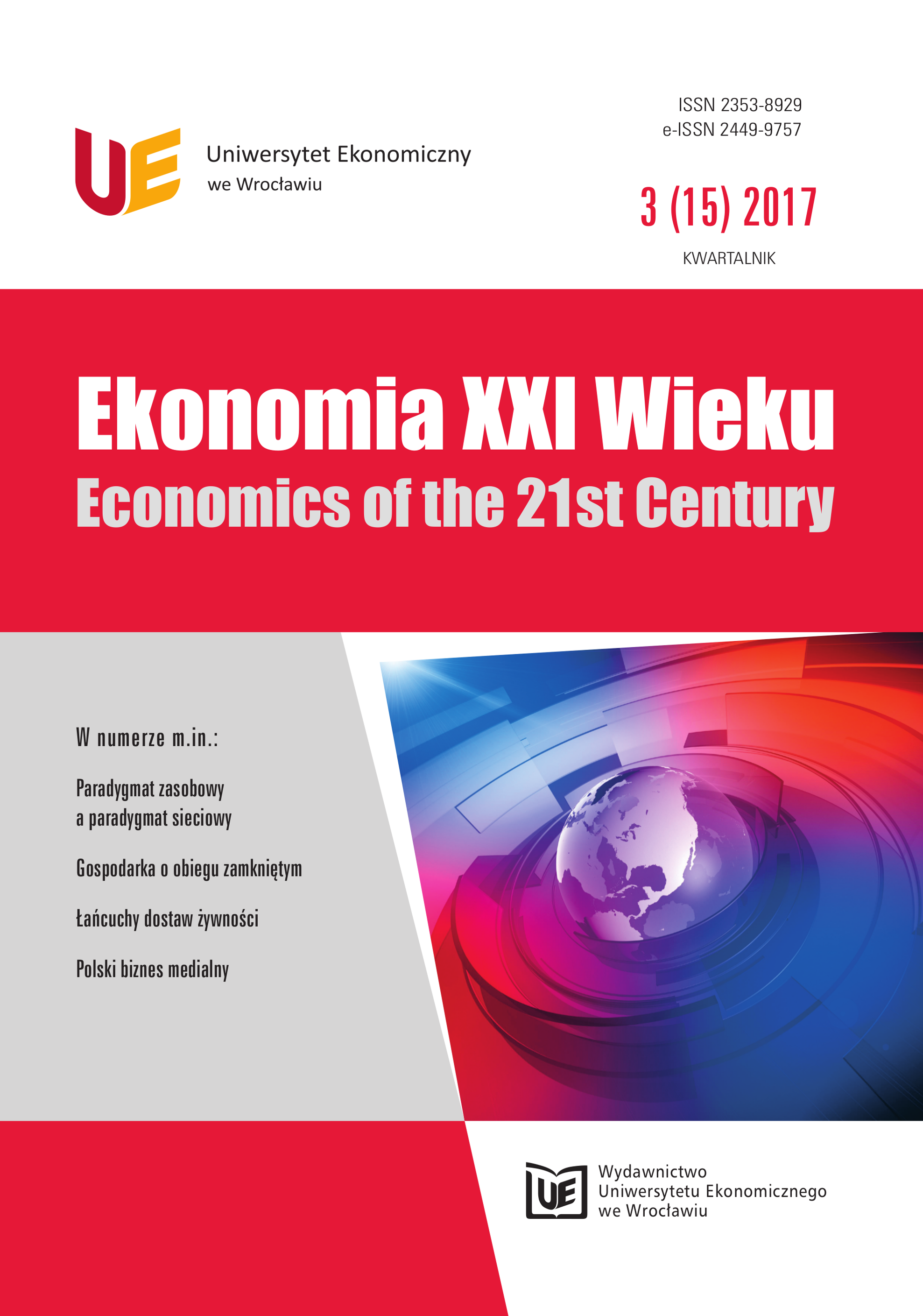Paradygmat zasobowy a paradygmat sieciowy. Nauka czy sztuka?
Resource paradigm vs. network paradigm. Science or art?
Author(s): Mariusz MaziarzSubject(s): Socio-Economic Research
Published by: Wydawnictwo Uniwersytetu Ekonomicznego we Wrocławiu
Keywords: resource paradigm; network paradigm; management; philosophy of economics; logical positivism; demarcation problem
Summary/Abstract: In spite of criticism voiced by a few philosophers of economics, the methodology of logical positivism is still believed to be the gold standard of science by the majority of economists, especially those employing quantitative methods to their research. At the same time, management is often accused of not being scientific to a degree that is characteristic for economics, which is usually called the queen of the social sciences due to its mathematization and formalization. Therefore, addressing the question whether management can be named a science according to the neopositivist methodology can be fruitful. In this article two paradigms present in the contemporary management are considered (1) the resource paradigm and the (2) network paradigm. Operationalization of the logical-positivist philosophy of science in the context of economics shows that the science of management should be grounded in the rules as follows: (1) causality should be defined in terms of constant (stochastical or deterministic) conjunctions; (2) the synthetic a priori sentences should be excluded from analyses as nonscientific; (3) truth should be defined in terms of correspondence to reality; (4) management should employ the confirmationist methodology; (5) scientific laws should be read out as constant dependencies; (6) science consists of (at least theoretically) confirmable sentences only. The analysis shows that both considered paradigms do not fulfill fully the demands of the neopositivist methodology. However, considering the utility of these research programs in the practice of management, the results can suggest that changing the philosophy of science which grounds management theories instead of reforming the methodology of management might be necessary. For instance, critical realism seems to be more appropriate and descriptively adequate philosophical stance.
Journal: Ekonomia XXI Wieku
- Issue Year: 2017
- Issue No: 15
- Page Range: 9-20
- Page Count: 12
- Language: Polish

